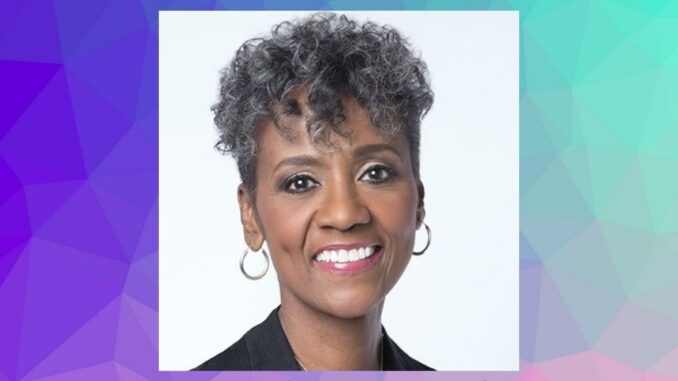
By Deidre Montague
NABJ Monitor
Dorothy Tucker has won a second term as NABJ president with 83% of the votes, defeating challenger Manuel Smith, who obtained 17% (531-111).
Tucker congratulated all of the board members, those continuing and those just elected to their seats.
“I’m a little speechless…I was so hoping for this outcome,” Tucker said. “I really appreciate the work of the election committee. I appreciate all of those members who voted for me. Thank you for trusting me. Thank you for giving me the honor to represent the most respected journalism organization in the world.”
Dorothy Tucker, NABJ President
She also congratulated Smith and pledged to him and his supporters that their concerns will be addressed.
While she is excited for a second term, Tucker noted it is time to get to work.
Smith congratulated Tucker and the new incoming board and said he is looking forward to the work that they will deliver on behalf of members. He thanked his supporters and colleagues who supported him throughout his run and said he enjoyed every minute of campaigning.
Smith also voiced his concerns that NABJ engaged a low number of members to actively vote in this year’s election and vowed to hold the new board accountable.
“I’m gonna pledge today to remain active, engaged and on the forefront of ensuring accountability, accessibility and transparency within NABJ, and to push for this organization’s leadership to make members’ needs and concerns a priority over profits.”
Manuel Smith, NABJ President Candidate
Although the results have been announced, the vote counts are preliminary and will not be certified until next week.
Tucker will rejoin Ken Lemon, who has also been voted in for a second term as vice president of broadcast. Running unopposed, he received 596 votes.
New members of the NABJ Executive Board include unopposed candidates Amir Vera as vice president of digital (586 votes), Madison Carter as secretary (584 votes), Brie Jackson for Region I director (227), Eva D. Coleman for the Region III director (187 votes), and Tamia Fowlkes (75 votes) as the student representative.
When asked about low voter turnout for this year’s election, Smith acknowledged that while he is disappointed about not winning, he is more disappointed that members seemed to him to be disengaged. A total of 1,841 members voted out of over 4,000, however, many are not able to vote for president due to varying levels of membership.
“My candidacy spoke to these very concerns. Are we engaging our members? Are we talking about the issues?” he said. “Listen, one of the things I’m probably disappointed most about in this campaign, we didn’t talk about the issues. … Instead of talking about real member concerns, it became about who are we going to get to endorse us, pitting people in corners … instead of giving our members an opportunity to hear both sides.”
Tucker said that age may have played a factor, as many of the members are under the age of 35, and she made note that this is not necessarily a new issue. She also added that every member cannot vote for every race. Academic members, students members, and public relations professionals do not vote for executive offices, but they are counted in the total voter turnout.
She said she would like to see more members to engage, which is why she went on social media to encourage members to vote in the election for the candidate of their choice.
When asked if she would take into consideration what was on her opponent’s agenda, Tucker talked about tackling the chapter split. When this issue first came up, she said she made phone calls and discovered that there is an issue in Region I when it comes to fundraising and finances. She says she wants to figure out what is the best split and address the problem.
“At the end of the day, my main goal is that our chapter leaders feel valued and made whole,” Tucker said
When asked why there were so many uncontested races and what will be done to make sure this does not happen in the future, Tucker said she is glad to hear members are concerned hopes people will work with her and the board on a solution. She says it’s time to ask members why they didn’t vote.
“This may be the time for us to put out a questionnaire,” Tucker said. “Let’s put out a survey. Let’s ask people, ‘Why didn’t you vote? What is it that would get you to cast that ballot?’”
Smith agrees and said he wants to be a part of the solution, but it will take more than a survey.
“How do we do things better at NABJ?” he asked. “There’s a better way of being able to do it. Maybe the way that I see it happen, or the way you want to see it happen may not be the right answers. Let’s get at the right ones that make this organization strong and get people more involved and more engaged.”
When asked about increased LGBTQ+ programming, Tucker said a proposal on this topic was rejected for the convention.
“If there is a proposal that is made, I want to encourage the programming committee to take a second look,” she said. “Don’t dismiss it. Go back to the producers, let’s add this, so we can have sessions that represent all of our members.”
When concerns were brought up of NABJ being focused on broadcast, Tucker said that she will commit to having more programming for print journalists, which is why she said started the master classes. She said that they will be offered on a regular basis, not just at the regional and national convention.
“Members have to work across all mediums,” Tucker said.
Newly elected Vice President of Digital Amir Vera wanted to make sure that NABJ does not forget that digital needs to be included within the workshops NABJ offers. Both Tucker and Executive Director Drew Berry stressed that this year’s convention theme was digital.

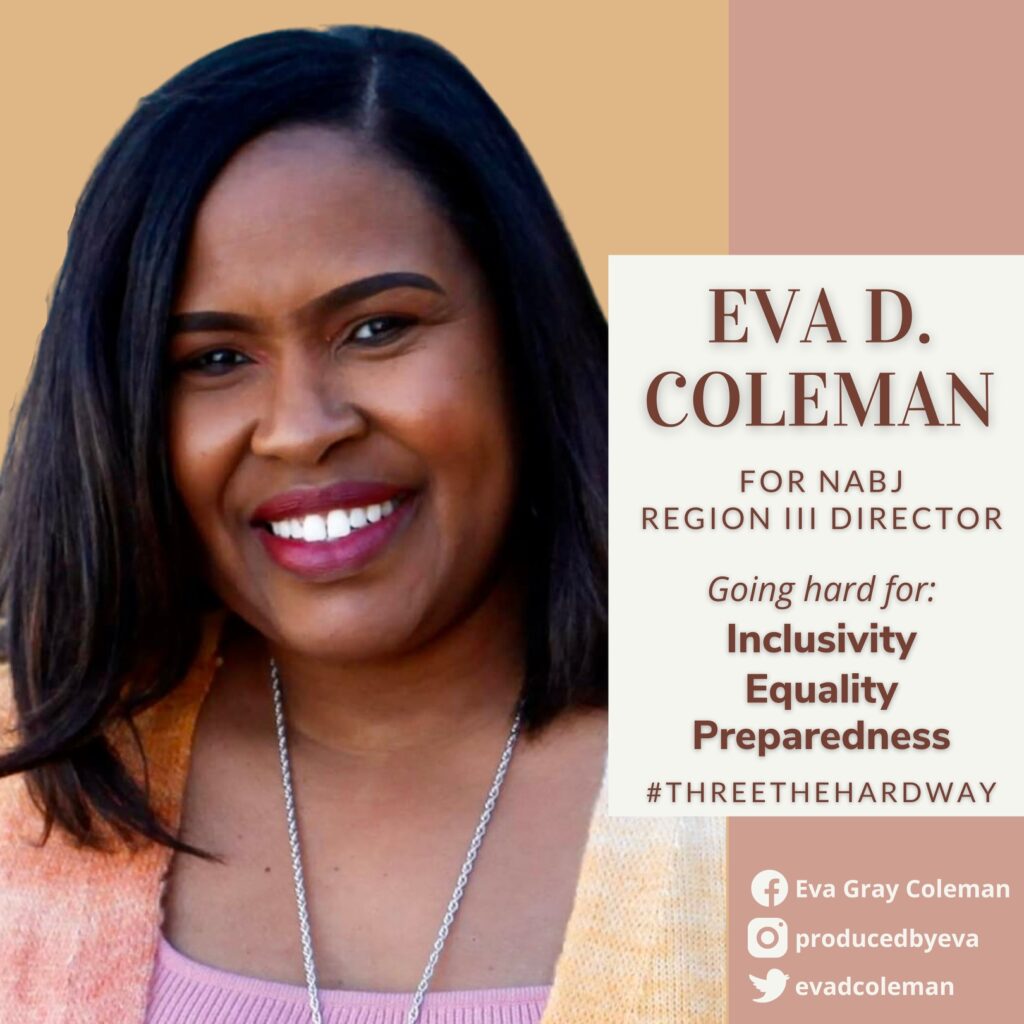
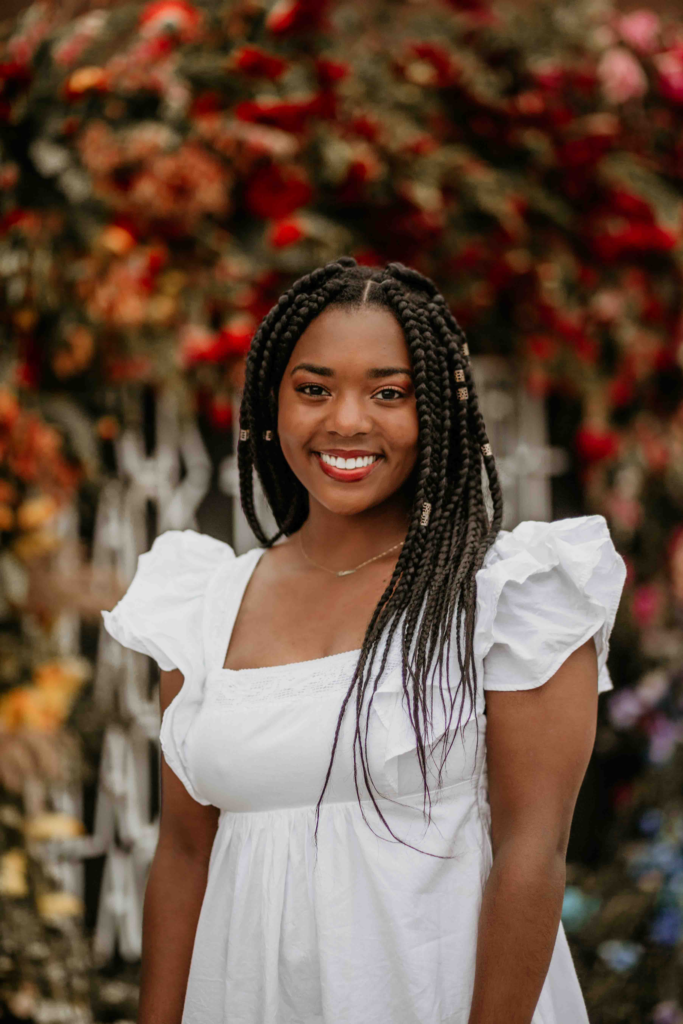
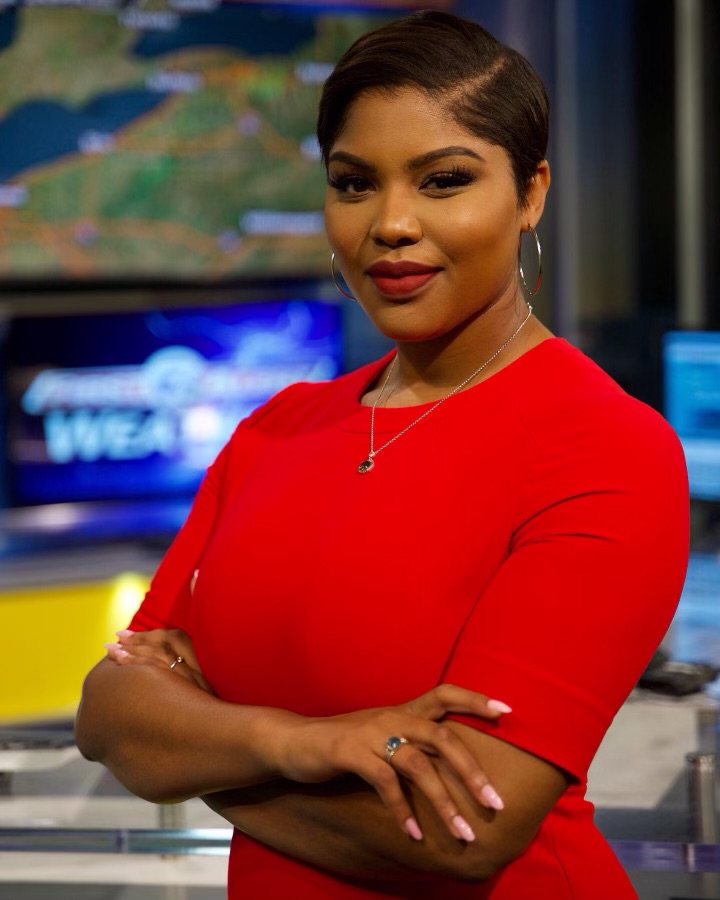
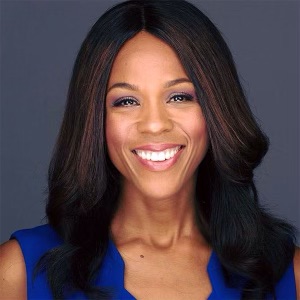
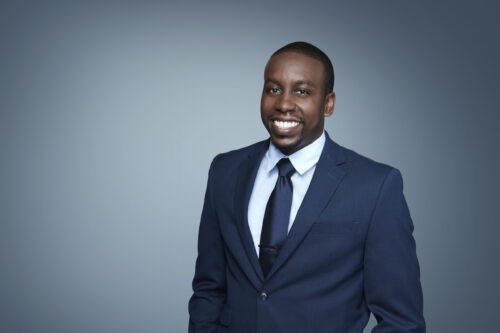
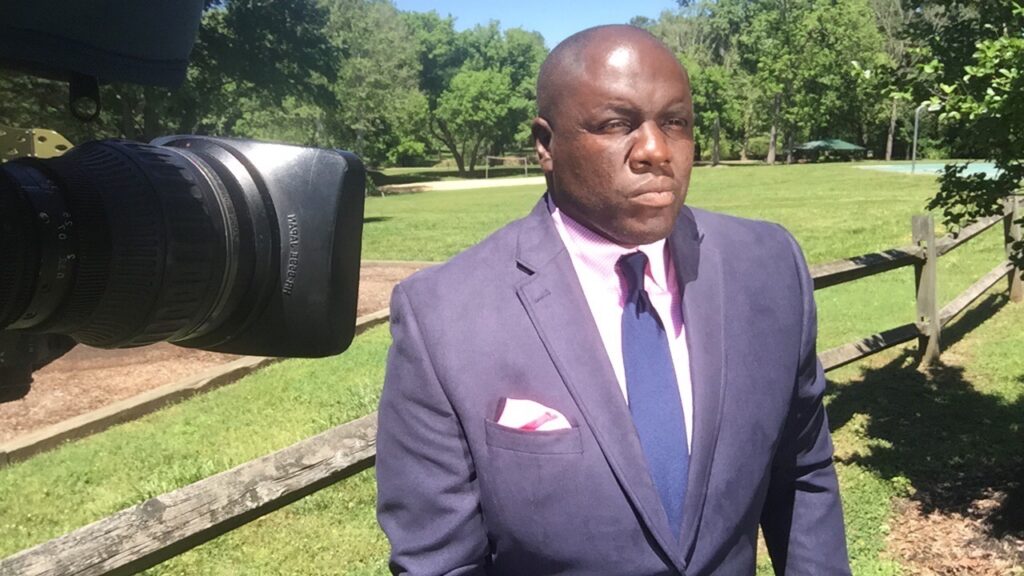
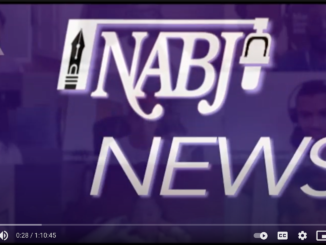


Be the first to comment